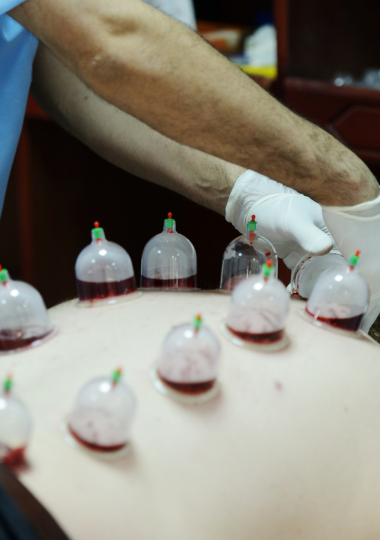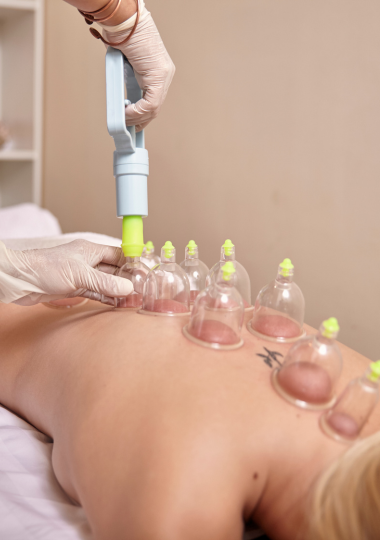A “Hijama center” typically refers to a facility or clinic where the practice of wet cupping therapy, also known as Hijama, is offered. Hijama is a traditional healing method that involves creating suction on the skin using cups and making small incisions to draw a small amount of blood. This technique is believed by some to have therapeutic benefits and is rooted in various traditional medicine practices, including Islamic medicine hijama centre near me.


Here are some key points related to a Hijama center:
1. Services Offered: A Hijama center primarily provides wet cupping therapy (Hijama). The services may include consultations, the actual cupping procedure, and post-procedure care.
2. Practitioners: The staff at a Hijama center typically includes trained practitioners who are knowledgeable about the Hijama technique, traditional medicine, and Islamic medicine principles.
3. Clean and Sterile Environment: A reputable Hijama center maintains a clean and sterile environment to ensure the safety of the procedure. This includes using disposable cups and adhering to hygiene protocols.
4. Consultation: Before performing Hijama, practitioners often conduct consultations with clients to understand their health conditions, medical history, and any specific concerns. This helps tailor the cupping therapy to the individual’s needs.
5. Education and Information: Many Hijama centers also aim to educate clients about the benefits and potential risks associated with wet cupping therapy. This may include providing information about the traditional and cultural aspects of Hijama.
6. Islamic Medicine Principles: In some Hijama centers, practitioners may integrate principles from Islamic medicine, emphasizing holistic well-being and balancing the body’s energy.
7. Legal and Ethical Considerations: Reputable Hijama centers operate within legal and ethical boundaries, ensuring that practitioners are properly trained and licensed if required by local regulations.
It’s essential for individuals interested in Hijama therapy to choose a licensed and reputable Hijama center, ensure the practitioners are qualified, and follow recommended safety and hygiene practices. Consulting with healthcare professionals before undergoing any alternative therapy, including Hijama, is crucial, especially for individuals with pre-existing medical conditions or those on medications.
